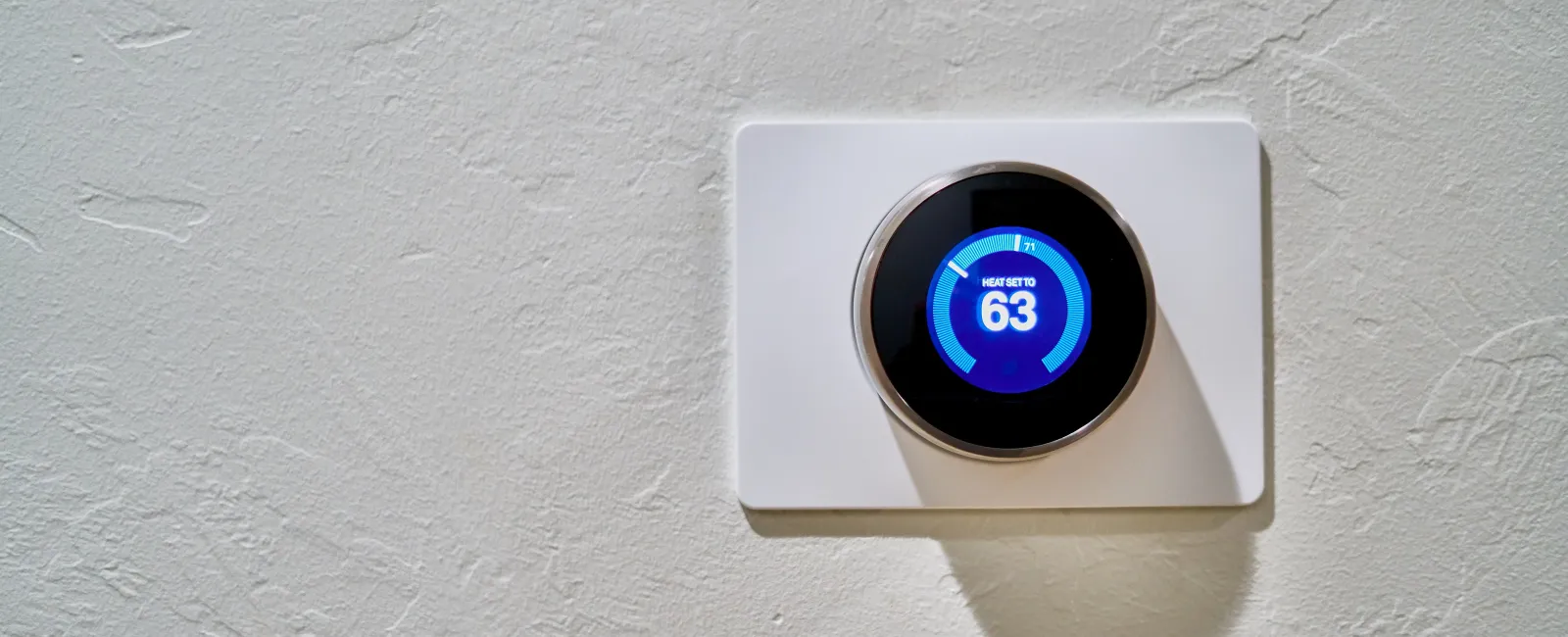During the colder months, we get a lot of questions about heating systems, so we've compiled expert answers to some of the most common questions. If your question isn't on the list, let us know and we'll be happy to help!
Why is my upstairs so much warmer and drier than my downstairs?
Since heat rises, even the warm air produced by your system downstairs will make its way up. And, all that warm air tends to dry out everything from your furniture to your nose! There are several options to help the flow of warm air in the house, and a humidifier will remedy the dryness problems associated with winter and heating.
How can I reduce my heating costs in the winter?
1) During daylight hours, uncover the windows on the sunny side to let in light and heat, and close the blinds on the shady side to block colder air. At night, cover all the windows to prevent heat from radiating out.
2) In homes with central heating, don't forget your cold air returns, vents that usually sit on your wall at about the baseboard level and let out the cold air. Regular maintenance will keep them uncovered and unblocked for maximum air flow.
3) Like vents, ceiling fans can help control the flow of heat. If you have these spinners, set them to rotate clockwise, which forces hot air downward. To do so, turn off your fan, wait for it to stop completely, and then use a stepladder to climb up and look at the motor housing. It should include a switch that lets you change its direction.
4) Make sure to schedule your preventative maintenance. A maintained system dramatically lengthens the life of your equipment, saving you thousands of dollars by not having to prematurely replace your system.
How often should I change my filter?
This depends on a couple of factors: what kind of filter is being used, and how much you use your system. Usually, you want to change your filter at least every three months - but if you are using a high efficiency filter, then it only needs to be changed every 6 to 12 months.
Why did my heat pump ice during the winter?
This could be due to low refrigerant charge or a restricted outdoor coil. The outdoor coil may need to be cleaned off and the refrigerant charge should be checked.

